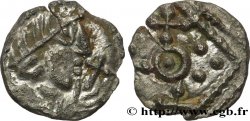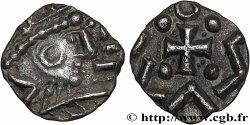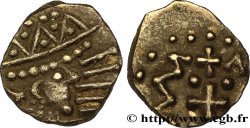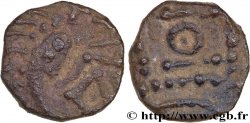E-auction 123-65720 - bmv_220084 - ENGLAND - ANGLO-SAXONS Sceat aux têtes affrontées et aux 4 oiseaux, Série J, type 37
You must signin and be an approved bidder to bid, LOGIN TO BID. Accounts are subject to approval and the approval process takes place within 48 hours. Do not wait until the day a sale closes to register. Clicking on « bid » constitutes acceptance of the terms of use of cgb.fr private e-auctions.
Bids must be placed in whole Euro amounts only. The sale will start closing at the time stated on the item description; any bids received at the site after the closing time will not be executed. Transmission times may vary and bids could be rejected if you wait until the last second. For further information ckeck the E-auctions F.A.Q.
NO BUYER'S FEE.
NO BUYER'S FEE.
| Estimate : | 120 € |
| Price : | 52 € |
| Maximum bid : | 52 € |
| End of the sale : | 24 August 2015 15:48:30 |
| bidders : | 9 bidders |
Type : Sceat aux têtes affrontées et aux 4 oiseaux, Série J, type 37
Date: c. 710-760
Mint name / Town : Angleterre (sud-est)
Metal : silver
Diameter : 12 mm
Weight : 0,62 g.
Rarity : R1
Coments on the condition:
Très belle frappe au droit, vigoureuse, mais quelque peu décentrée. Revers de frappe molle ou issu d’un coin très usé. Patine grise, un peu hétérogène au revers
Catalogue references :
Obverse
Obverse legend : ANÉPIGRAPHE.
Obverse description : Deux têtes face à face, une croix posée sur une base entre les deux ; grènetis.
Reverse
Reverse legend : TRACES DE LÉGENDE.
Reverse description : Petite croix bouletée entourée de quatre oiseaux (?) formant une sorte de swastika sinistrogyre ; grènetis.
Commentary
Cette monnaie est l’une des rares avec deux représentations humaines de l’époque mérovingienne. Ce type est communément trouvé en Gaule, isolé ou avec d’autres deniers mérovingiens, ce qui prouve une circulation large. D. M. Metcalf distingue deux groupes dans ces monnaies ; les monnaies officielles et les imitations. Les exemplaires de plus beau style sont traditionnellement considérés comme officiels et les autres comme imitations...
Ce type aurait été frappé dans toutes les régions du Sud et de l’Est de l’Angleterre, mais plus spécialement au sud-est et dans le bassin de la Tamise.
Cet exemplaire présente un double grènetis au droit ! Cette particularité est visible sur le n° 296 d’Oxford (legs Evans) qui est d'ailleurs frappé avec le même coin de droit que cet exemplaire !.
Ce type aurait été frappé dans toutes les régions du Sud et de l’Est de l’Angleterre, mais plus spécialement au sud-est et dans le bassin de la Tamise.
Cet exemplaire présente un double grènetis au droit ! Cette particularité est visible sur le n° 296 d’Oxford (legs Evans) qui est d'ailleurs frappé avec le même coin de droit que cet exemplaire !.







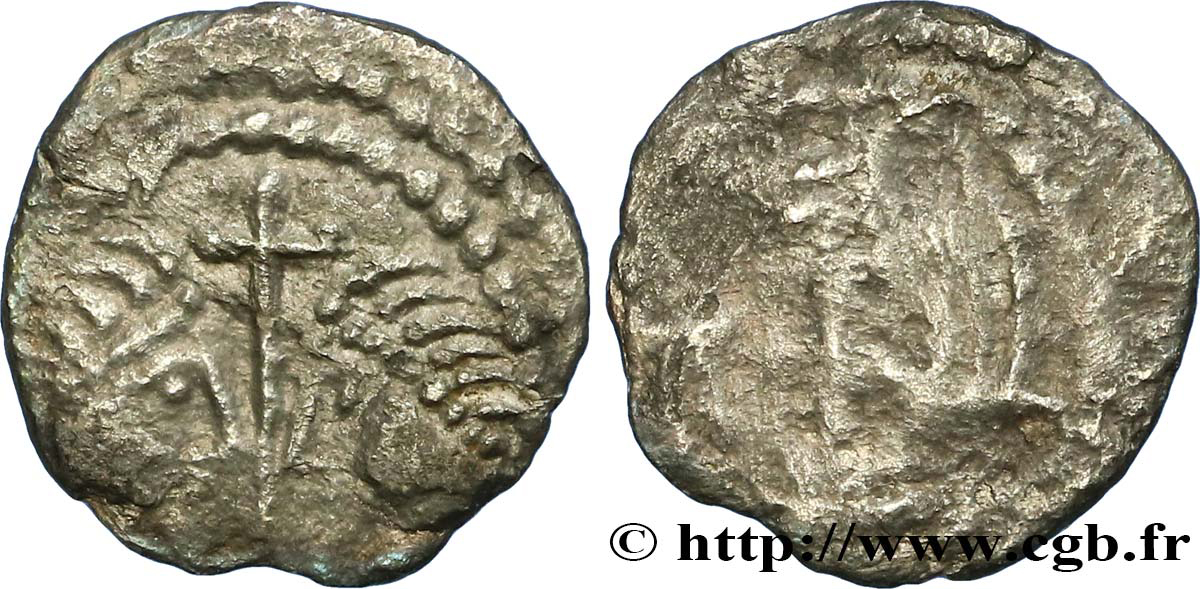
 Report a mistake
Report a mistake Print the page
Print the page Share my selection
Share my selection Ask a question
Ask a question Consign / sell
Consign / sell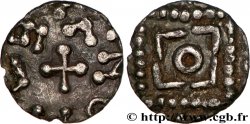
 Full data
Full data